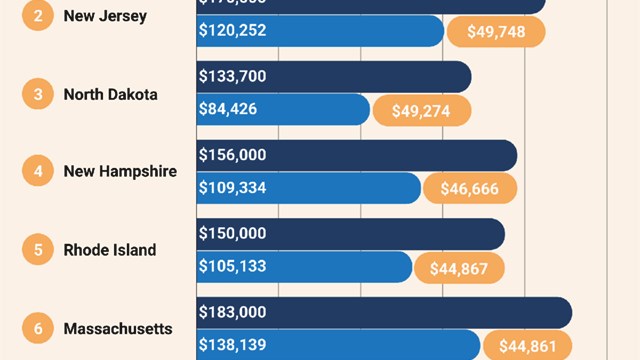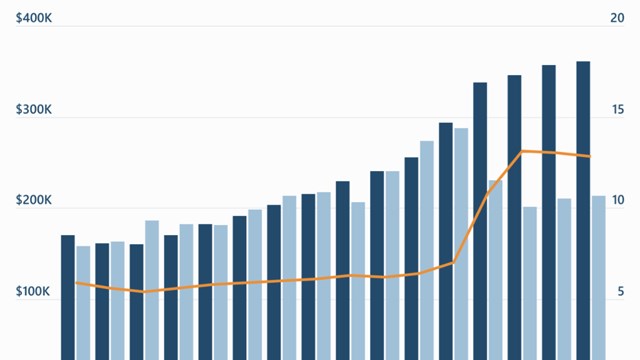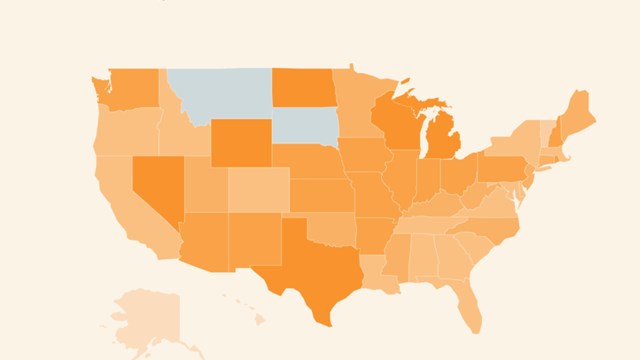Stars, of course, are just like us. Or so magazines would have us
believe because, say, Ryan Gosling once wore a polo shirt. In reality,
however, famous people bring with them a cultural cachet and a renown
that objectively sets them apart from the layman, and thus one cannot
attempt to buy into a cooperative residential property without
bringing some of that celebrity baggage along with. The question that
poses for boards is, how much will said baggage affect the day-to-day
operations of the building, the lives of the residents, and the
expectations placed upon the board itself?
Applying Themselves
For the purpose of this piece, it's necessary to note that “celebrity” doesn't apply just to movie stars, athletes, musicians and what have you. One also has to take into account those whose renown comes from the world of business itself – those whose accumulation of wealth has entered them into the public consciousness. And when these figures apply to purchase into a cooperative, the rules may prove more malleable than they would for someone less familiar.
“When it comes to financial disclosure, many whom are known among elite circles don't want to comply with the normal rules,” says Andrew P. Brucker, a partner with the law firm of Montgomery McCracken Walker & Rhoads LLP, which has offices in New York, New Jersey, Pennsylvania and Delaware. “Many of the buildings which we represent have reasonably stretched their rules to a certain extent such that, rather than demand thorough financial details, including tax returns and your investment vehicles, they might just ask for one portfolio that meets the standards of the co-op. And we've also, on occasion, taken sworn statements from large accounting firm partners stating that a would-be purchaser has had gross income or adjusted gross income in excess of the amount required by the association.”
The Daily News
While the rules for the famous in regard to admittance into a co-op may vary from those applied toward persons not in the public eye, a loosening of regulations for a known wealthy figure should have little bearing on that figure's fellow residents. Where a celebrity's life can bleed into those around them, however, is in the area of public interest.
“In the abstract, having a celebrity live in a building creates 'operational issues' for a property,” says Aaron Shmulewitz, a partner with the Manhattan law firm Belkin Burden Wenig & Goldman, LLP. “The building staff, neighbors and managing agent will be affected by any number of factors, ranging from the paparazzi outside to groupies to visitors both wanted and unwanted.”
Because of this level of attention, day-to-day security becomes a different sort of conversation than it might have had the property been stocked with 'regular joes.' “I had a situation wherein a well-known movie actor owned – and still owns – an apartment in the Village,” relates Shmulewitz. “He wanted to have his own private security staff take up a post outside his apartment, 24 hours a day, seven days a week, 365 days a year. We're talking about large armed men. You can imagine the psychological effect that might have had on neighbors.”
Given that, from a purely economical standpoint, having a pop culture entity in a co-op offers no more than say a highly respected CPA, what might possess a board to accept a star who might bring added attention to the building? According to Shmulewitz, it sometimes comes down to the fact that a board is simply between a rock and a hard place. “There's occasionally pressure from a seller who has had their apartment on the market for a long time,” he explains. “Maybe the board has turned down one or two previous candidates, and the buyer is worried that the board is going to hurt them tremendously if they turn down this next purchaser, who so happens to be famous. A sort of neighborly pressure presents itself.”
Lifestyles of the Rich and Famous
The fact that the famous may open their non-famous neighbors up to additional scrutiny is hard to refute, but are celebrities really so bad? In New York, at least, that may vary.
“Most people that you'd call a celebrity – be they athletes, politicians, actors, etc. - truly want to operate under the radar,” says Marc H. Schneider, Esq., a partner with Schneider Buchel, LLP with offices in New York City and Long Island. “I have a building with two sports stars, and other than during an initial moment of recognition with a neighbor who maybe wants to talk to them, things are pretty quiet. In some instances, they're actually better residents, as they're traveling for much of the year.”
“In New York City, as opposed to other areas where people may be wowed by being close to a celebrity, residents come into contact with stars on a fairly regular basis,” continues Schneider. “It's not as big of an issue as some might assume. But it's case by case. You have to assess the circumstances. If a person is asking for anything more than what any other resident would need vis-a-vis their accommodations in a unit or in a building, then that can present a problem.”
And in regard to whether a celebrity is more or less likely to actually exhibit problematic behavior than a layman, Brucker posits that they are not. The reality is that the famous run the gamut, personality-wise, as with anybody else. So apparently in some ways, the stars are just like us: good, bad, or somewhere in-between.







Leave a Comment